Raising teens in today’s world comes with its unique challenges, and one of the most critical is ensuring they are aware of the dangers of drug use. With the increasing prevalence of opioids and other dangerous substances, it’s more important than ever for parents to have open, honest conversations with their teens about drug awareness. Here are ten tips for how to start the conversation and keep it going.
1. Choose the Right Time and Place
Timing is crucial when discussing sensitive topics like drug use. Find a quiet, private setting where you won’t be interrupted. Avoid starting the conversation when your teen is distracted or stressed. Consider a calm evening at home, a walk in the park, or during a car ride when you have uninterrupted time together.
2. Be Informed
Before you talk to your teen, educate yourself about the types of drugs they might encounter, including opioids, fentanyl, and common substances like marijuana and alcohol. Understanding the risks and signs of use will help you provide accurate information and answer questions confidently. Familiarize yourself with current trends, such as the rise in vaping and synthetic drugs, so you can speak knowledgeably.
3. Start Early and Keep it Ongoing
It’s never too early to start talking about drugs. Begin with age-appropriate discussions in early childhood and continue to build on these conversations as your child grows. Regular, open communication fosters trust and makes it easier to discuss more serious topics later on. Use teachable moments, like when a drug-related story appears in the news, to keep the dialogue current.
4. Use Real-Life Examples
Sharing real-life stories can make the dangers of drug use more relatable. Discuss news stories or community incidents involving drug use, but avoid using scare tactics, as these can often backfire and make teens more curious. You can also share personal anecdotes or stories of people your teen might know to make the conversation more impactful.
5. Encourage Open Dialogue
Create a safe space for your teen to share their thoughts and ask questions. Listen without judgment and show empathy. Let them know they can come to you with concerns or if they ever find themselves in a difficult situation. Reassure them that they won’t get in trouble for asking questions or for being honest about their experiences or curiosity.
6. Discuss Peer Pressure and Decision Making
Teach your teen strategies to handle peer pressure and make smart choices. Role-playing different scenarios can be a helpful way to practice saying no and thinking critically about their decisions. Help them develop a plan for how to exit uncomfortable situations and offer phrases they can use to refuse drugs without feeling embarrassed.
7. Highlight the Consequences
Discuss the short-term and long-term consequences of drug use, including the impact on health, relationships, and future goals. Make sure to emphasize how drugs can alter brain development and lead to addiction. Highlighting real consequences, such as the loss of opportunities or the impact on loved ones, can make the risks feel more immediate and personal.
8. Provide Resources and Support
Let your teen know that there are resources available if they or someone they know is struggling with drug use. This includes talking to a trusted adult, using school resources, or contacting helplines and support groups. Provide information on local support services and encourage them to seek help without fear of stigma or shame.
9. Set Clear Expectations and Boundaries
Clearly communicate your family’s rules and expectations regarding drug use. Explain the reasons behind these rules and the consequences of breaking them. Consistency and clarity are key to ensuring your teen understands and respects these boundaries. Reinforce the importance of these rules regularly and be consistent in enforcing them.
10. Model Positive Behavior
Your actions speak louder than words. Model healthy behaviors and coping mechanisms. Show your teen how to deal with stress and emotions in constructive ways without resorting to substances. Demonstrate healthy lifestyle choices, such as regular exercise, proper nutrition, and effective stress management techniques like meditation or hobbies.
The Importance of Parental Involvement
Starting the conversation about drugs with your teen can be daunting, but it’s one of the most important steps you can take to ensure their safety and well-being. By being proactive, informed, and supportive, you can empower your teen to make smart, healthy choices. Your ongoing involvement and the trust you build through open communication will significantly influence your teen’s attitudes and decisions about drugs.
Final Thoughts
Remember, the goal is to keep the conversation ongoing. Check in regularly with your teen about their feelings and experiences. Stay alert to any changes in behavior that might indicate they are experimenting with drugs or feeling pressured. The more you talk, the more comfortable your teen will be coming to you with their concerns, helping to build a foundation of trust and safety.







